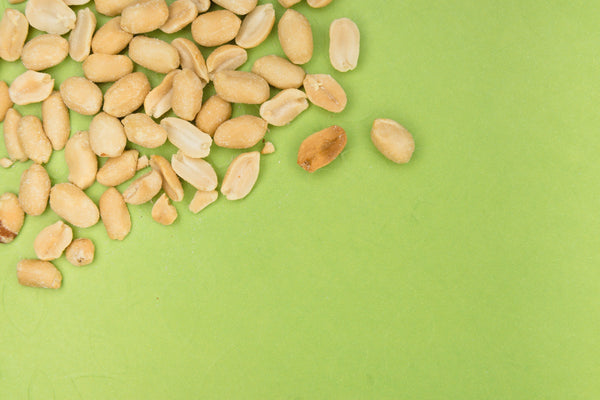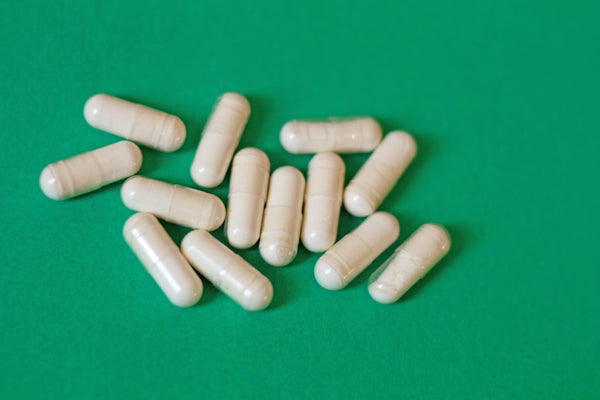Natural Digestive Enzymes in Foods
share this article
 Digestive enzymes are proteins that help break down food into smaller components so the body can absorb nutrients effectively. While the body produces its own digestive enzymes, certain foods also contain natural enzymes that can support digestion—especially helpful for kids or adults who experience occasional tummy troubles like bloating, gas, or slow digestion.
Digestive enzymes are proteins that help break down food into smaller components so the body can absorb nutrients effectively. While the body produces its own digestive enzymes, certain foods also contain natural enzymes that can support digestion—especially helpful for kids or adults who experience occasional tummy troubles like bloating, gas, or slow digestion.
Here’s what parents need to know about natural digestive enzymes in foods and how to incorporate them into everyday meals.
What Are Digestive Enzymes?
Digestive enzymes help break down macronutrients:
-
Proteases break down proteins
-
Lipases break down fats
-
Amylases break down carbohydrates
When digestion is sluggish, whether from illness, stress, or constipation, foods rich in natural enzymes can help support the body’s digestive process.
Foods Naturally High in Digestive Enzymes
1. Kiwi
Contains actinidin, a protease enzyme that helps break down protein.
-
Supports digestion of meat, dairy, and other protein-rich foods
-
Also contains fiber and prebiotics to support gut bacteria
Begin Health Expert Tip: Actazin® kiwi powder, found in some kids’ gut health supplements, uses this enzyme for gentle digestive support.
2. Pineapple
Contains bromelain, a protease enzyme that helps digest protein.
-
Shown to support gut motility and reduce bloating after protein-heavy meals (1)
Begin Health Expert Tip: Fresh pineapple has the highest enzyme content. Cooking destroys bromelain.
3. Papaya
Contains papain, another protease enzyme that aids protein digestion.
-
Often used to help tenderize meat and support digestion in traditional cultures
Begin Health Expert Tip: Like pineapple, papaya’s enzyme activity is highest when fresh and raw.
4. Mango
Contains amylase, which helps break down carbohydrates.
-
Supports digestion of starchy foods like rice, oats, and bread
5. Banana
Also contains amylase and glucosidase, both helping break down complex carbohydrates into simple sugars.
6. Fermented Foods
Foods like yogurt, kefir, sauerkraut, and kimchi contain naturally occurring enzymes produced by beneficial bacteria during fermentation.
These enzymes support general digestion of carbs, fats, and proteins.
Why Digestive Enzymes Help With Gut Health
-
Support smoother digestion, especially when the digestive system is sluggish
-
Reduce gas, bloating, and discomfort after meals
-
Complement fiber and prebiotics to support regularity
-
Gentle support for toddlers and kids who may experience constipation or irregular digestion during transitions like travel, illness, or dietary changes
Easy Ways to Add Enzyme-Rich Foods to Kids’ Diets
-
Fresh pineapple cubes or blended into smoothies
-
Kiwi slices as a snack or added to yogurt
-
Mashed banana in oatmeal or pancakes
-
Mango blended into smoothies or served fresh
-
Small servings of yogurt or kefir with berries
Summary
Natural digestive enzymes from foods like kiwi, pineapple, papaya, mango, and banana can help support smooth digestion and reduce tummy troubles. Combined with fiber, prebiotics, and hydration, enzyme-rich foods are a simple and natural way to support gut health for the whole family.
















